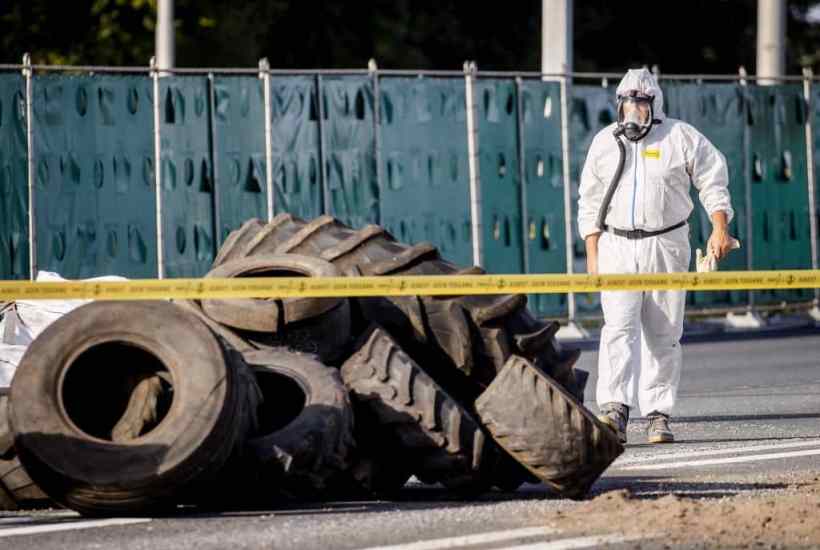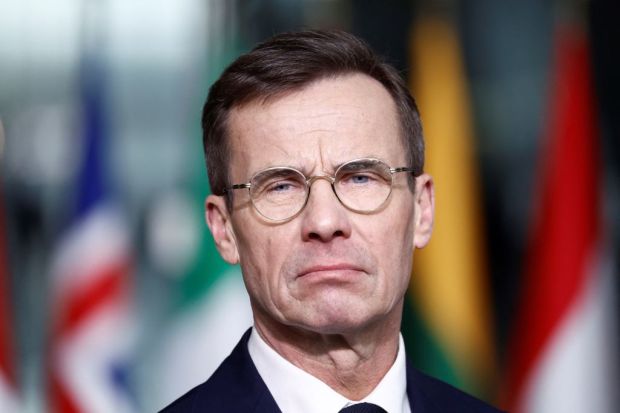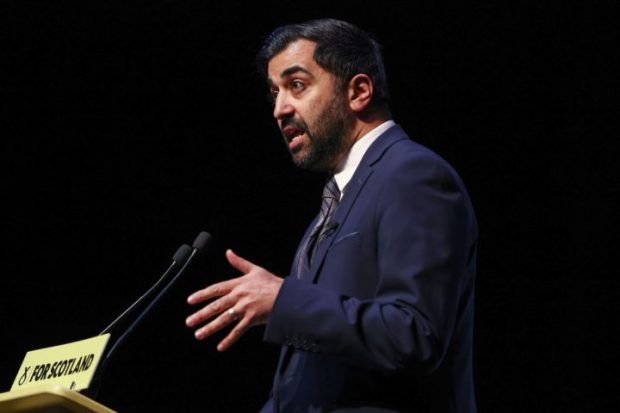For weeks now, Dutch farmers have been protesting against the government’s plans on nitrogen emissions cuts, creating havoc in the country. Angry farmers have been withholding deliveries to grocery shops, dumping manure or tyres on motorways or at politicians’ homes, and blocking traffic. Farmers in other countries in Europe and North America have organised protests in solidarity with Dutch farmers and as a warning to their governments not to go the same way. Europe’s right-wing politicians used the protest movement to forward their own agenda. This may be just the beginning of wider unrest over agriculture.
What is the trigger behind those protests? It started with manure that is produced plentifully by Dutch livestock farms. When mixed with urine, it produces ammonia and nitrous oxide. The first one gets into the air and water, harming wildlife; the second is a potent greenhouse gas. Fertilisers too have nitrogen compounds.
The Dutch government propose cutting 50 per cent of nitrogen emissions by 2030. This plan includes a radical cut in livestock. The government estimates 11,200 farms will have to close and another 17,600 farmers will have to significantly reduce their livestock numbers.
Dutch farmers have used the protests to force the government to rethink their measures before the bill becomes a law later this year. This is about their way of living and earning. Those who can afford to continue will have to do so differently. Technology and changing farming habits are part of the solution. Others will be forced to shut.
The protests in response to these plans have attracted widespread domestic support. The Farmer-Citizen Movement, or BBB, an agrarian interest party, is currently in joint second-place in the Dutch polls, reaching a high of 18 per cent in Politico‘s poll of polls earlier in July.
Politically this debate is flaring up not only in the Netherlands. Far-right politicians and conspiracy activists are piggy-backing on those protests. Geert Wilders and Marine Le Pen, and even Donald Trump, have framed the protests as climate tyranny against hard-working people. The Polish government is the latest to officially back those protests. They have been lobbying the European Commission to back down on its emissions reduction plans for the agricultural sector. The Dutch protests are helpful in their endeavour.
The Netherlands is one of the most intensely farmed countries in Europe. It is the world’s fourth-largest dairy exporter and second-largest overall food exporter. Per square mile, they have 238 cows compared to 100 in the UK or 80 in Germany. This means more manure to dispose of and thus more emissions. Agriculture accounts for 86 per cent of Dutch nitrous oxide emissions. While many farmers accept that things have to change, they disagree with the way the government imposed its plans. For farmers, their way of life is at stake.
The Dutch protests are a reminder that climate policies cannot simply be imposed without rupture or intense exchanges. But this debate should not be reduced to government targets or farmers’ identities. To achieve climate transition it will be crucial to engage farmers, to cultivate an openness to new forms of farming that helps biodiversity and the climate.
Got something to add? Join the discussion and comment below.
Get 10 issues for just $10
Subscribe to The Spectator Australia today for the next 10 magazine issues, plus full online access, for just $10.
This article was first published in the EuroIntelligence morning briefing. For a trial subscription click here.




















Comments
Don't miss out
Join the conversation with other Spectator Australia readers. Subscribe to leave a comment.
SUBSCRIBEAlready a subscriber? Log in